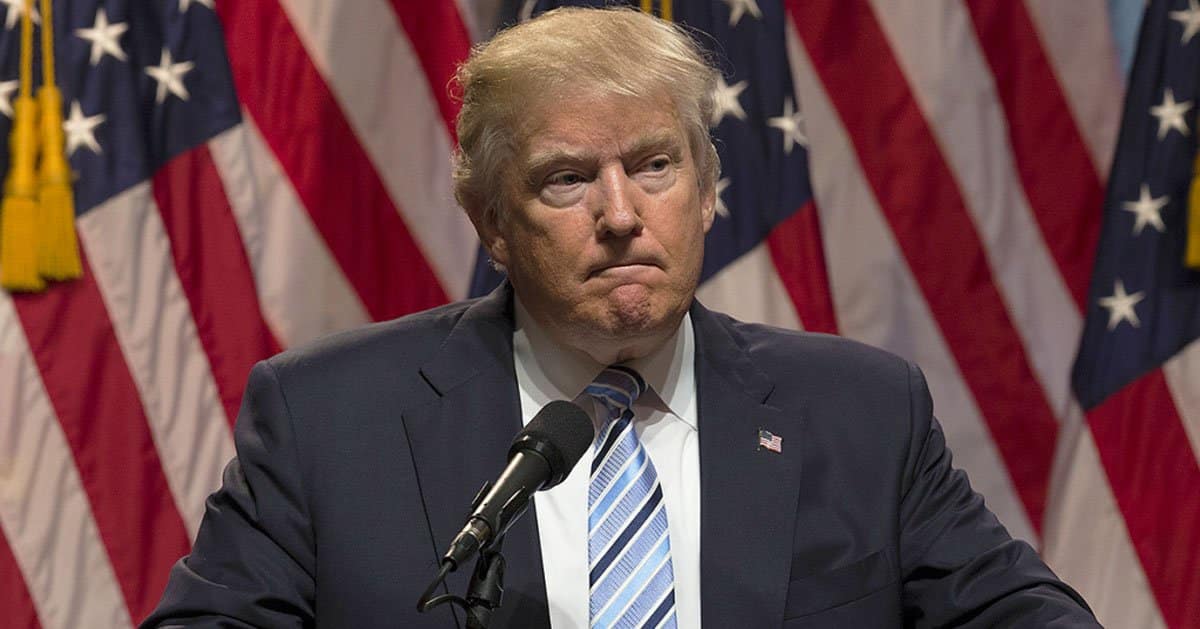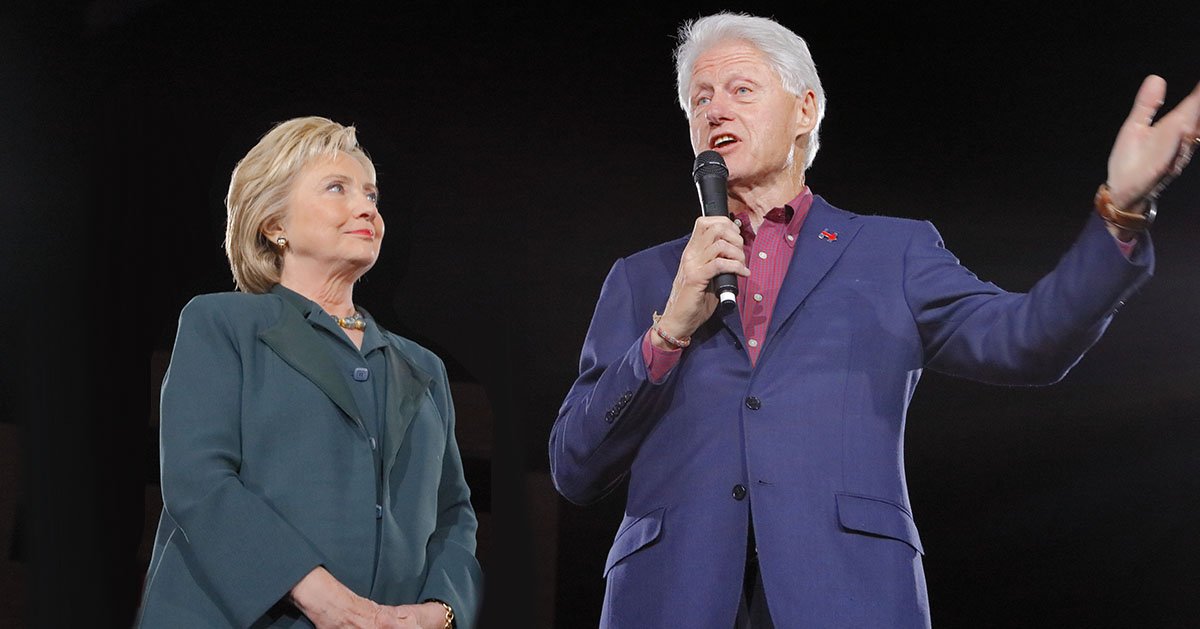








Harvard Law Professor Emeritus Alan Dershowitz has officially parted ways with the Democratic Party, marking the end of his decades-long affiliation. The renowned legal scholar cited his growing discontent with the party’s leftward shift as a key factor in his decision to become an Independent.
Just The News reported that Dershowitz’s departure stems from his dissatisfaction with the Democratic Party’s increasingly progressive direction, particularly its handling of key issues such as free speech and due process.
The announcement came on Friday when Dershowitz, known for his defense of civil liberties and constitutional rights, revealed that he could no longer identify with the party he once actively supported.
Over recent years, he has grown increasingly vocal about his concerns over what he perceives as the erosion of core values within the Democratic Party.
Dershowitz expressed particular frustration with the Democratic Party's shift to the left, pinpointing its recent national convention as a turning point.
He took issue with the speakers featured at the event, including prominent progressives such as Senators Elizabeth Warren and Bernie Sanders, along with Representative Alexandria Ocasio-Cortez. These figures, he argued, represented a movement within the party that no longer aligns with the principles he holds dear.
In a recent interview, Dershowitz explained that the Democratic Party's stance on critical issues such as the right to due process and free speech has drifted far from his own. "They no longer represent the same values that I believe in," he remarked, referring to the party’s current policies and priorities.
The shift within the party’s ideology, Dershowitz explained, was not just a matter of political philosophy but also practical policy.
He pointed to specific examples where he felt the party had abandoned its commitment to defending individual rights. Chief among his concerns was the Democratic Party’s handling of Donald Trump’s legal battles.
Dershowitz has been particularly outspoken about what he views as a politically motivated prosecution of the former president. In June, following Trump’s conviction in the hush money case, Dershowitz called the decision a “phony conviction,” arguing that it represented an unfair targeting of Trump for political reasons.
Despite leaving the Democratic Party, Dershowitz has not yet committed to supporting a specific candidate in the upcoming presidential election. He stated that his decision will depend on how the candidates approach key foreign policy issues, particularly regarding the Middle East.
"I want to see how they deal with Iran, I want to see how they deal with Iran's attacks on the United States," he said.
Dershowitz emphasized that U.S. policy toward Israel and its response to Iranian aggression will heavily influence his vote. He plans to wait until November 1 to make his decision, leaving open the possibility that his support could go in any direction.
Dershowitz’s exit from the Democratic Party is particularly notable given his long history with the organization. For decades, he has been a fixture within the party, advocating for civil liberties and serving as a staunch defender of constitutional principles. His legal career, spanning more than half a century, has earned him a reputation as one of the country’s foremost constitutional scholars.
However, in recent years, his relationship with the Democratic Party has become strained. Dershowitz has consistently voiced opposition to what he views as the party's departure from classical liberal values, especially in free speech and legal protections for the accused.
One of the central issues contributing to Dershowitz’s departure was the influence of high-profile progressives within the party.
He has repeatedly criticized figures like Warren, Sanders, and Ocasio-Cortez for pushing policies that he believes threaten core civil liberties. For Dershowitz, these individuals represent a faction of the Democratic Party that prioritizes progressive goals at the expense of foundational legal principles.
This ideological divide came to a head during the recent Democratic National Convention. Dershowitz pointed to the convention's speakers as evidence of the party’s leftward turn, which ultimately solidified his decision to leave.
Dershowitz’s announcement marks a significant moment in his political journey, but it also reflects a broader dissatisfaction among some Democrats who feel alienated by the party’s progressive wing.
While Dershowitz has distanced himself from the Democratic Party, he remains a complex figure on the political spectrum, resisting easy categorization.
As an Independent, Dershowitz keeps his options open for the 2024 election. His decision will likely hinge on how candidates address the issues most important to him, including U.S. relations with Israel and the protection of constitutional rights.
With the November election rapidly approaching, Dershowitz’s decision underscores the shifting dynamics within American politics. His departure from the Democratic Party serves as a reminder of the challenges both major political parties face in balancing competing factions and ideologies.



